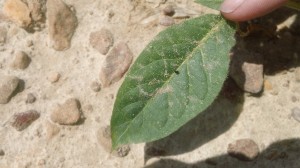
Tobacco Insect Scouting Report. May 9, 2014
It is week two for scouting in our Eastern 1 and 2 research fields. In order to potentially reduce …



El inglés es el idioma de control de esta página. En la medida en que haya algún conflicto entre la traducción al inglés y la traducción, el inglés prevalece.
Al hacer clic en el enlace de traducción se activa un servicio de traducción gratuito para convertir la página al español. Al igual que con cualquier traducción por Internet, la conversión no es sensible al contexto y puede que no traduzca el texto en su significado original. NC State Extension no garantiza la exactitud del texto traducido. Por favor, tenga en cuenta que algunas aplicaciones y/o servicios pueden no funcionar como se espera cuando se traducen.
Inglês é o idioma de controle desta página. Na medida que haja algum conflito entre o texto original em Inglês e a tradução, o Inglês prevalece.
Ao clicar no link de tradução, um serviço gratuito de tradução será ativado para converter a página para o Português. Como em qualquer tradução pela internet, a conversão não é sensivel ao contexto e pode não ocorrer a tradução para o significado orginal. O serviço de Extensão da Carolina do Norte (NC State Extension) não garante a exatidão do texto traduzido. Por favor, observe que algumas funções ou serviços podem não funcionar como esperado após a tradução.
English is the controlling language of this page. To the extent there is any conflict between the English text and the translation, English controls.
Clicking on the translation link activates a free translation service to convert the page to Spanish. As with any Internet translation, the conversion is not context-sensitive and may not translate the text to its original meaning. NC State Extension does not guarantee the accuracy of the translated text. Please note that some applications and/or services may not function as expected when translated.
Collapse ▲
It is week two for scouting in our Eastern 1 and 2 research fields. In order to potentially reduce …

This summer, we have begun a new project focussed on implementing integrated pest management (IPM) practices for insects in …
Recent concerns with weed seed contamination in tobacco are highlight in the Southeast Farm Press which also describes research at …
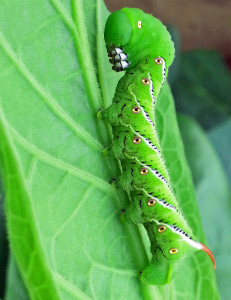
In the past week, we’ve noticed a dramatic jump in the number of hornworm caterpillars and eggs in our test plots …
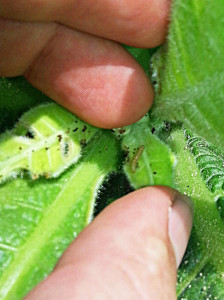
Caterpillars Large and Small So far this year, tobacco budworm numbers of in our research plots at both Kinston and …
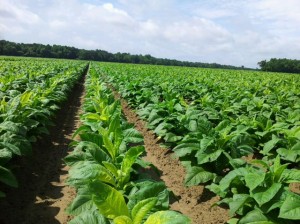
This week, I have received several questions about possible phytotoxcity associated with insecticide applications directed against tobacco budworm. The …
The 2013 NC State University Tobacco Tour is scheduled for July 15-16 in eastern NC and July 17 in …
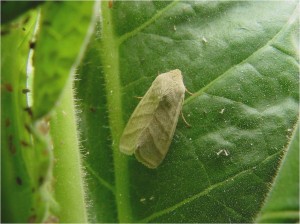
I received my first tobacco budworm calls for 2013 today, so it’s safe to say that budworm moths are …
It has been a relative quiet spring for insect questions in tobacco, but last week I received several calls …
As much as you may dread investing anything more into this year’s tobacco crop, you may want to consider …
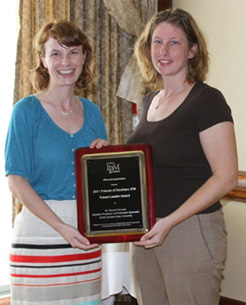
Four years ago, Hannah Burrack started her new job at NC State University as assistant professor with boundless energy …
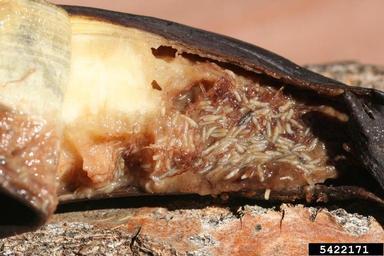
This factsheet describes the biology and management of native drosophila species in strawberries.
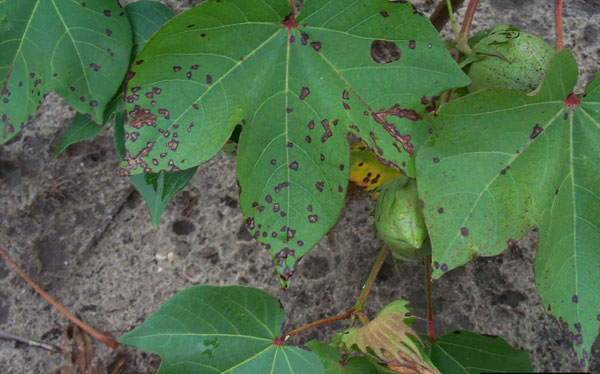
This factsheet describes bacterial blight of cotton, including identification and disease management.
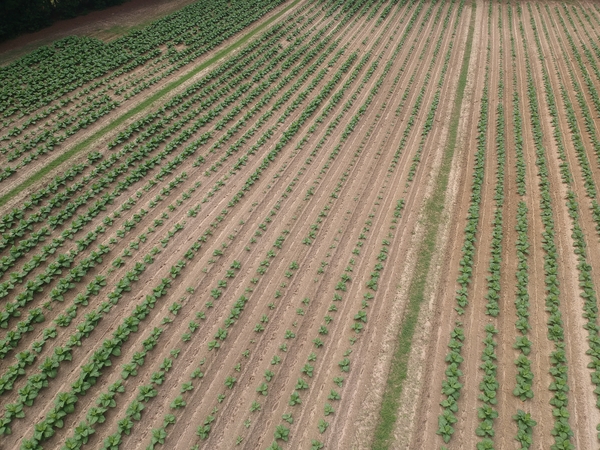
Nematodes are an economically important pest for flue-cured tobacco production. Root knot nematode is particularly …

This factsheet shares the symptoms and control of Granville Wilt, a devastating disease of tobacco …
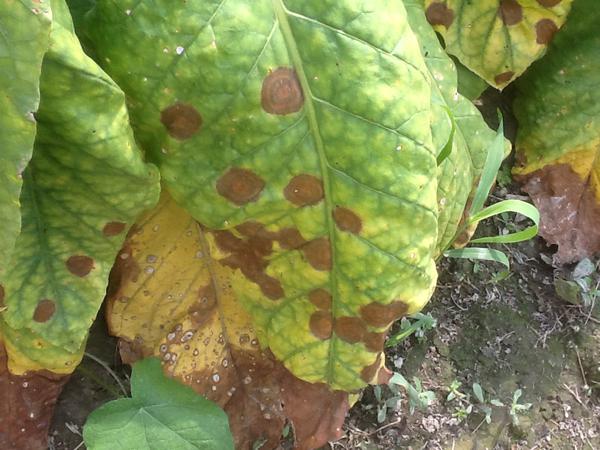
Black shank is an economically important disease of tobacco that threatens production in North Carolina. …
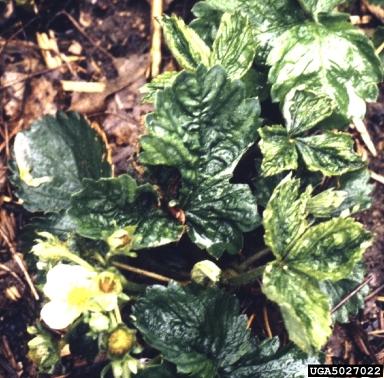
This factsheet describes the biology and management of cylamen mites in strawberries.
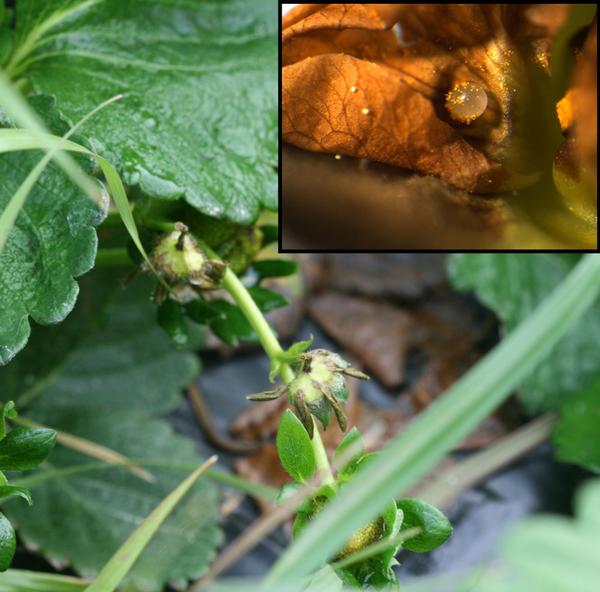
This factsheet describes the biology and management of strawberry clipper weevils in commercial strawberry production.

This factsheet describes sap beetles and their impact on North Carolina strawberries.